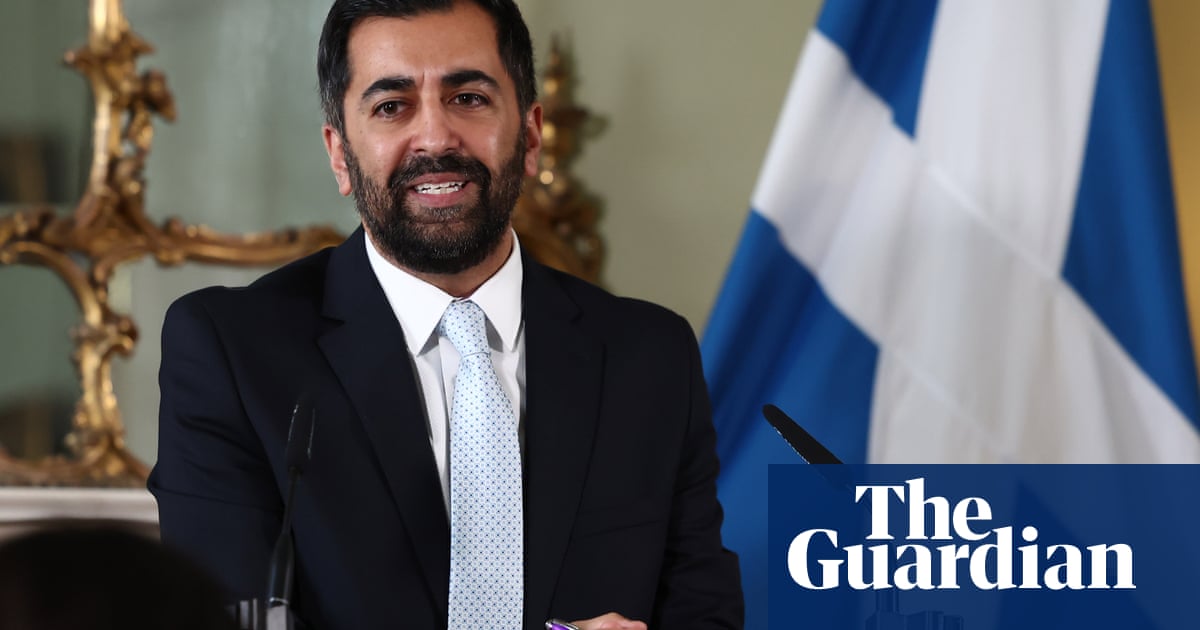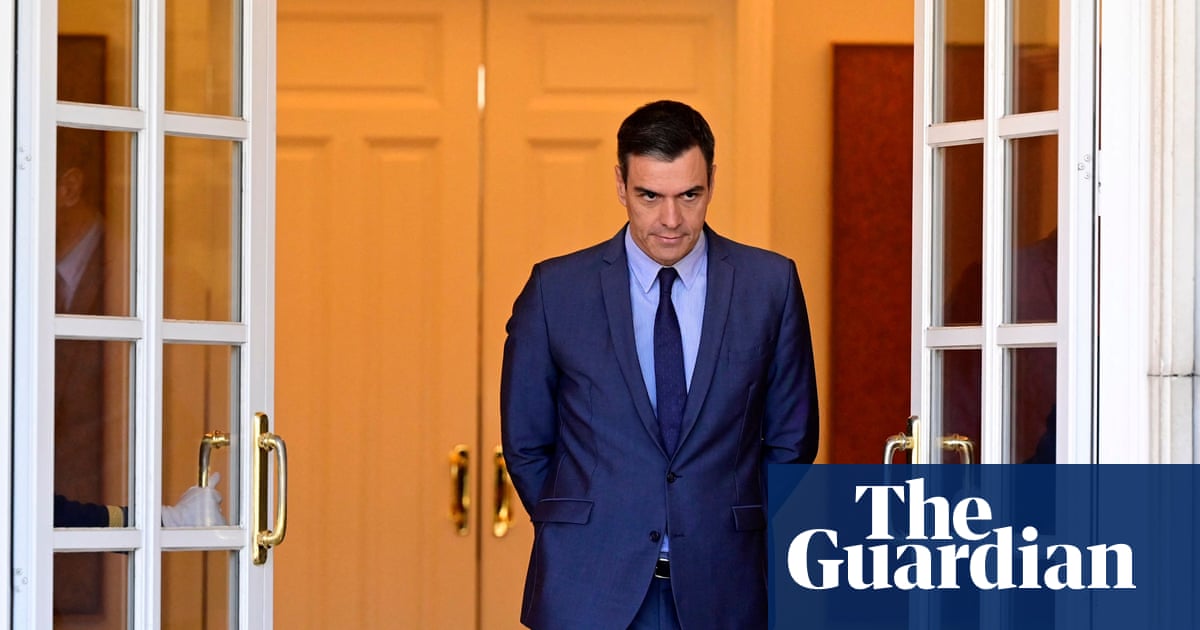
Says ‘landmark Riyadh Agreement’ a result of initiative of Saudi leadership and support of United Arab Emirates
Calls it ‘a crucial and important step’ toward durable peace and security in Yemen
ISLAMABAD: Pakistani Prime Minister Imran Khan on Wednesday welcomed an agreement signed between the Yemen government and southern separatists to end a power struggle in the south of Yemen.
Yemen’s President Abed Rabbo Mansour Hadi and Southern Transitional Council (STC) leader Aidarous Al-Zoubeidi signed the agreement in Riyadh on Tuesday. Saudi Crown Prince Mohammed bin Salman and Sheikh Mohammed bin Zayed Al-Nahyan, the crown prince of Abu Dhabi, were present at the signing ceremony.
Saudi Arabia’s envoy to Yemen told reporters that the agreement would allow separatists and other southerners to join a new Yemeni cabinet and would place southern armed forces under the control of the Yemeni government.
“Pakistan welcomes the conclusion of the landmark Riyadh Agreement, as a result of the initiative taken by the Saudi leadership and support by UAE [United Arab Emirates] Government,” Khan said in a Twitter post. “We believe it is a crucial and important step forward toward a political solution and durable peace & security in Yemen.”
“This agreement will open, God willing, broader talks between Yemeni parties to reach a political solution and end the war,” Crown Prince Salman said in a televised signing ceremony in Riyadh.
US President Donald Trump praised the agreement on Twitter: “A very good start! Please all work hard to get a final deal.”
The deal calls for the formation of a new cabinet of no more than 24 ministers within 30 days that would have equal representation for northerners and southerners. STC would join any political talks to end the war.
Yemen’s ambassador to Pakistan, Mohammed Motahar Alashabi, told Arab News on Wednesday that the people of Yemen hoped the Riyadh agreement would usher in a new phase of stability, security and development in the country.
“We would like to express our thanks and appreciation to efforts offered and made by Saudi leadership to patronize this agreement and make it a reality,” Alashabi said. “Yemeni leadership headed by President Abed Rabbo Mansour Hadi and his government were very keen to make our Saudi brothers’ efforts successful.”
The ambassador said the agreement “empowers the role of state authorities and institutions, codifies equal rights for all Yemenis, renounces all types of discrimination and incorporates military groups outside the state into ministries of defense and interior.”
“It [agreement] will lead to unified and collective efforts to compel Iranian-backed Houthis to end the war, lay down their arms, withdraw their militias from Sana’a and cities they control,” the ambassador said. “They (Houthis) would re-engage in the Comprehensive National Dialogue toward a new federal Yemen for all Yemenis, including Houthis.”
Javed Malik, a former Pakistani ambassador who has served in the Gulf region, said as a part of the Organization of Islamic Cooperation (OIC), the people and government of Pakistan had always welcomed all efforts to bring peace in the Muslim world.
“Pakistan will continue to support every effort that brings all stakeholders toward reaching a peaceful settlement and prays that this critical landmark leads to a peaceful settlement of the disputes in Yemen and prevent further loss of life,” Malik said.
Javed Hafeez, a former Pakistani diplomat and expert on Middle East affairs, called the agreement a very important development for Pakistan.
“Pakistan has always maintained that intra-Yemen reconciliation is a must for peace in that nation,” he said.












